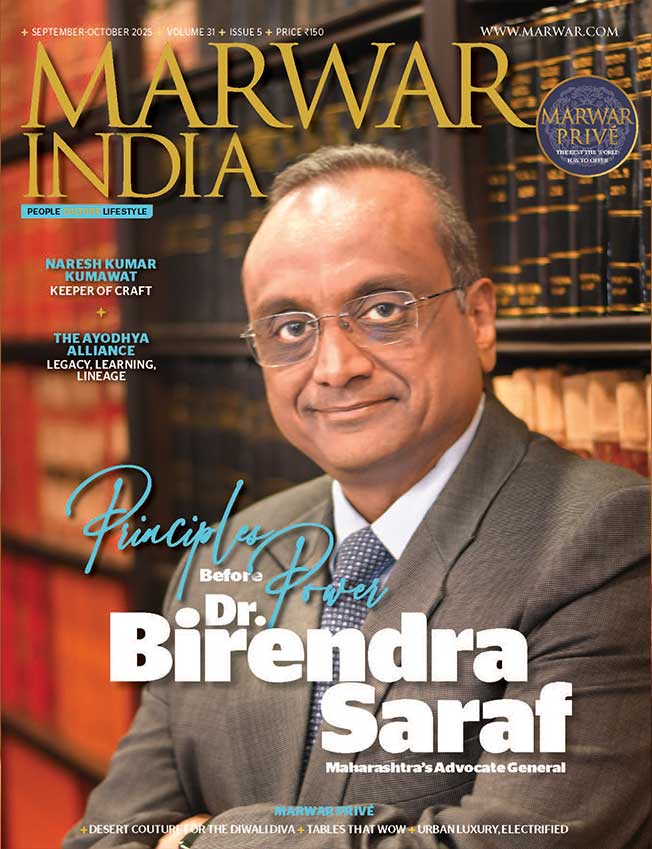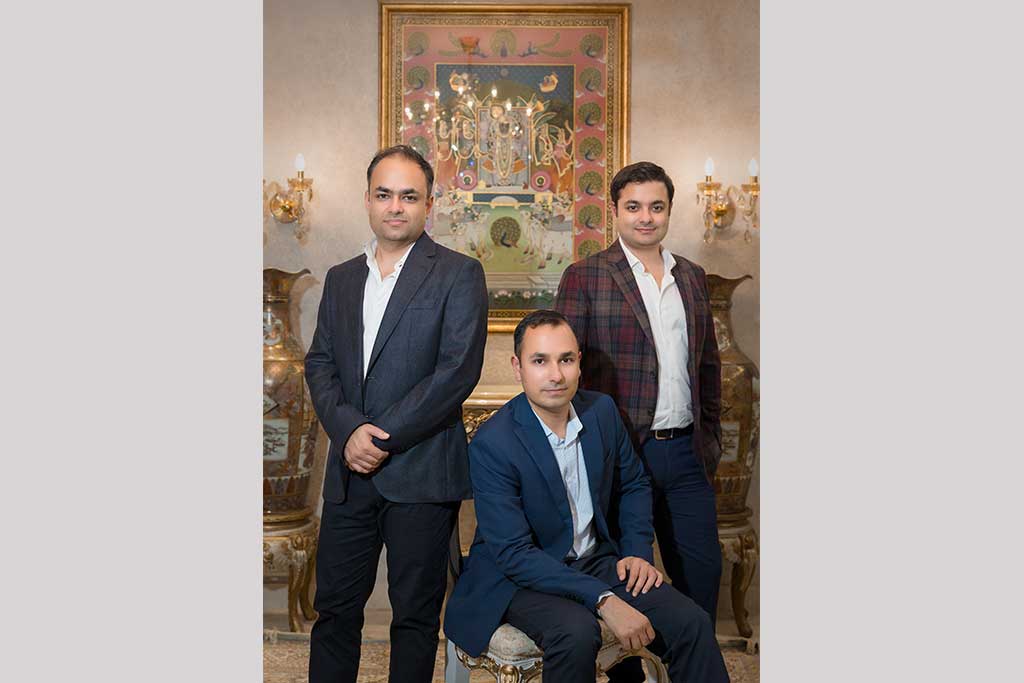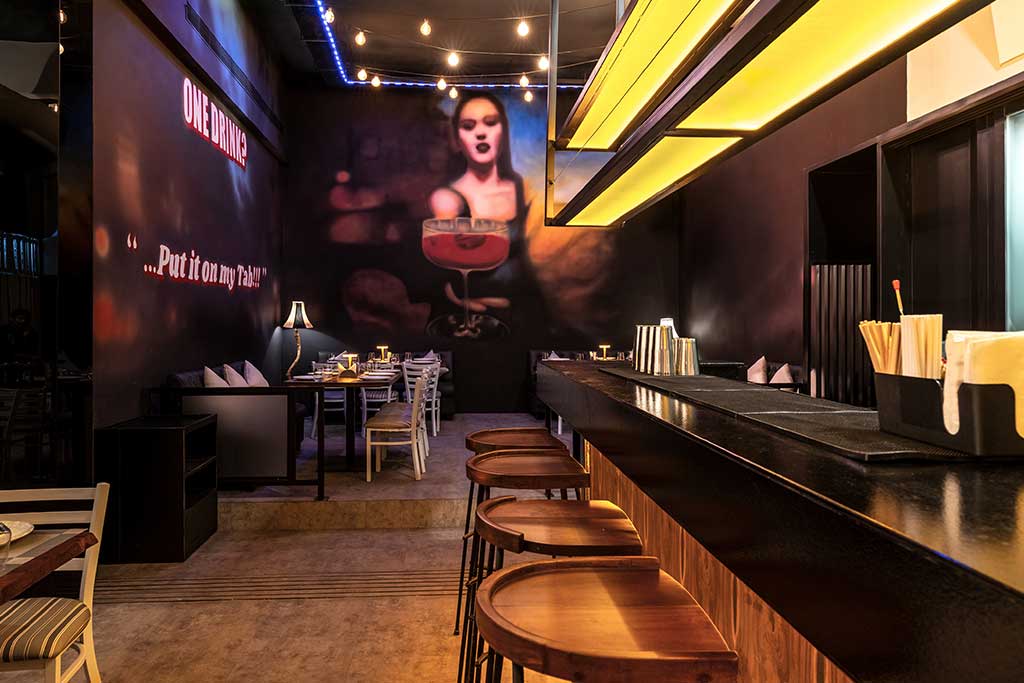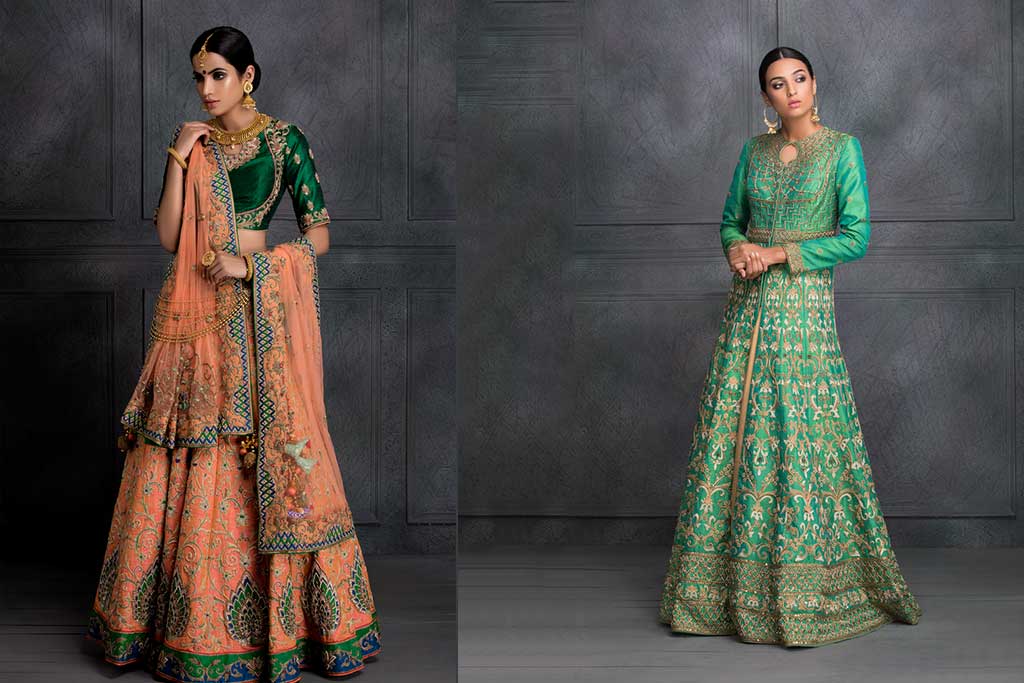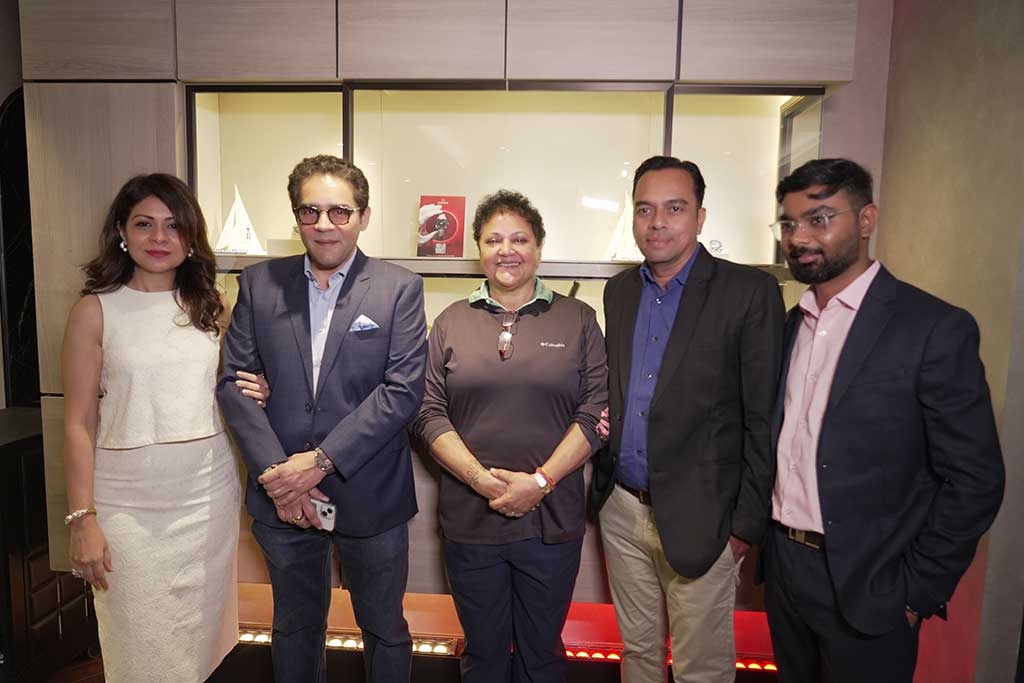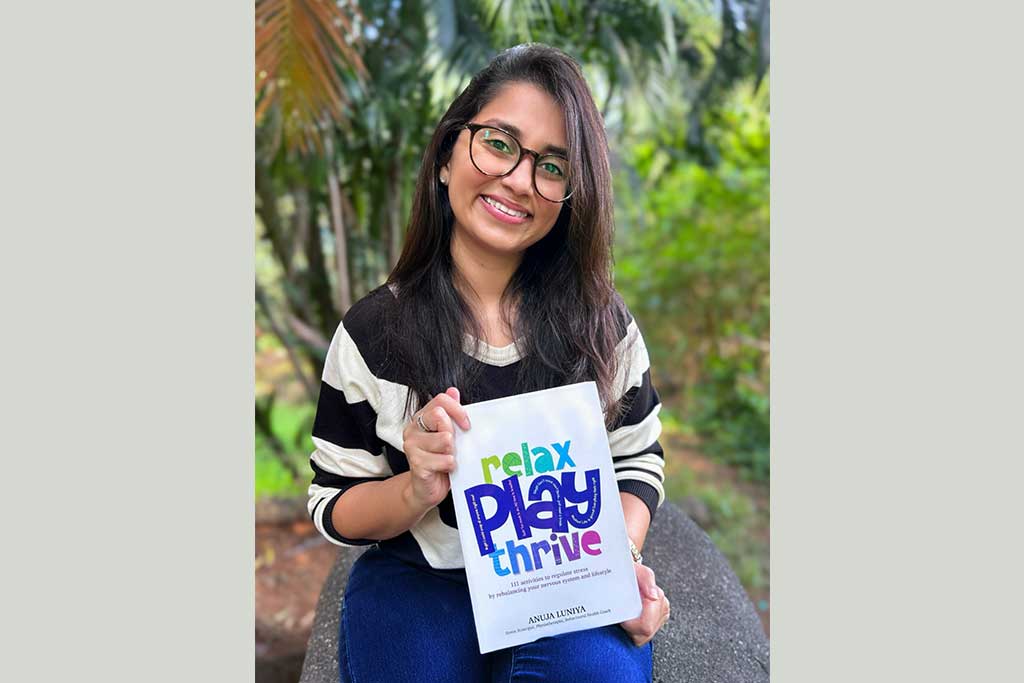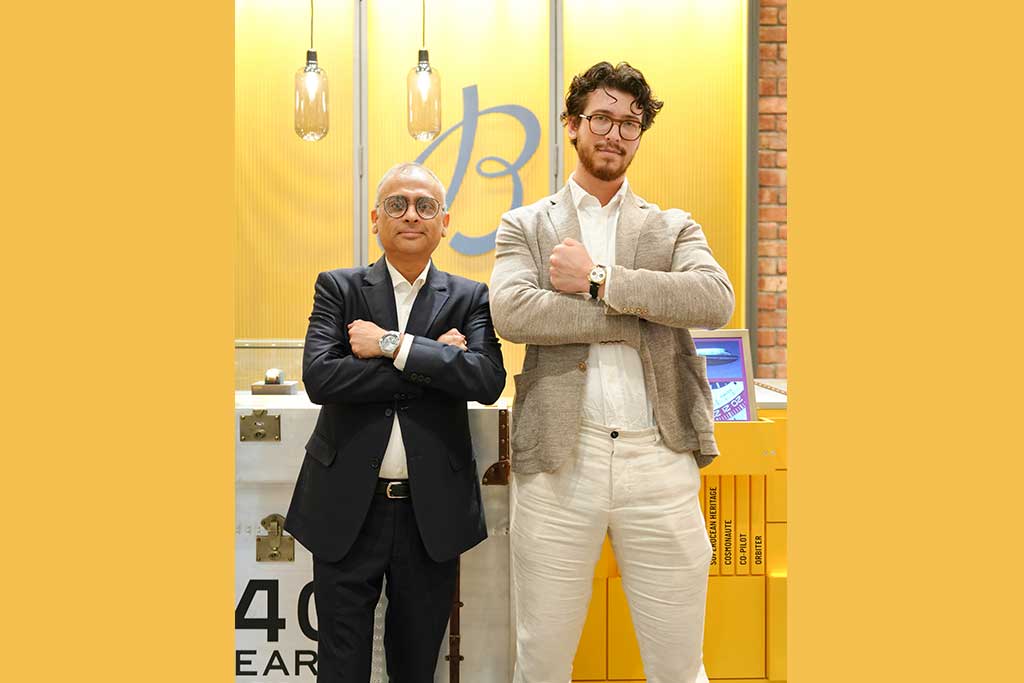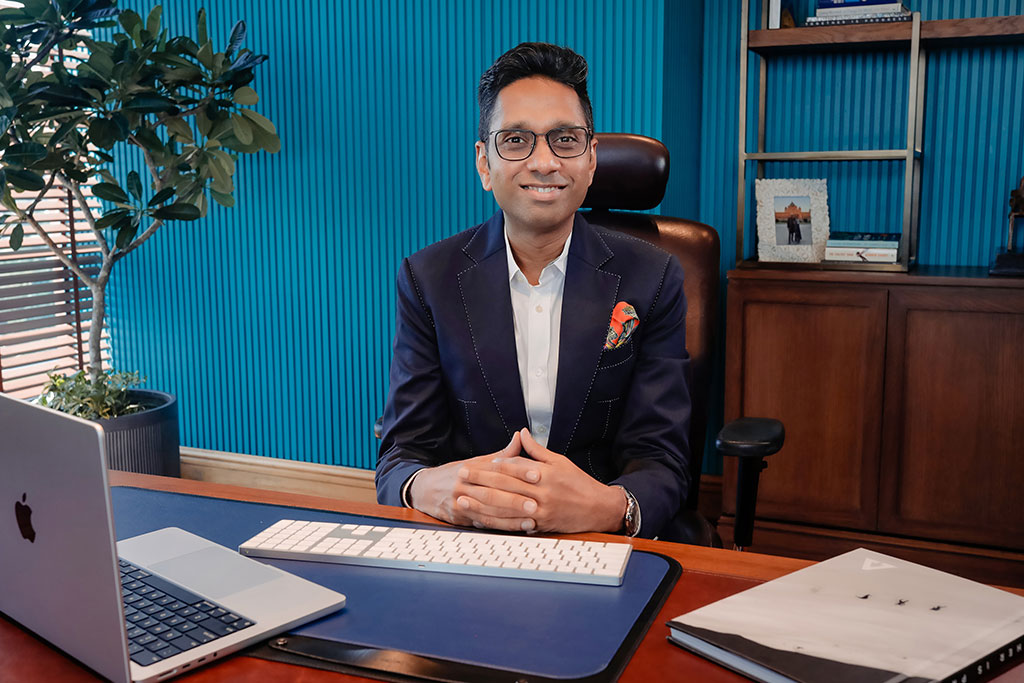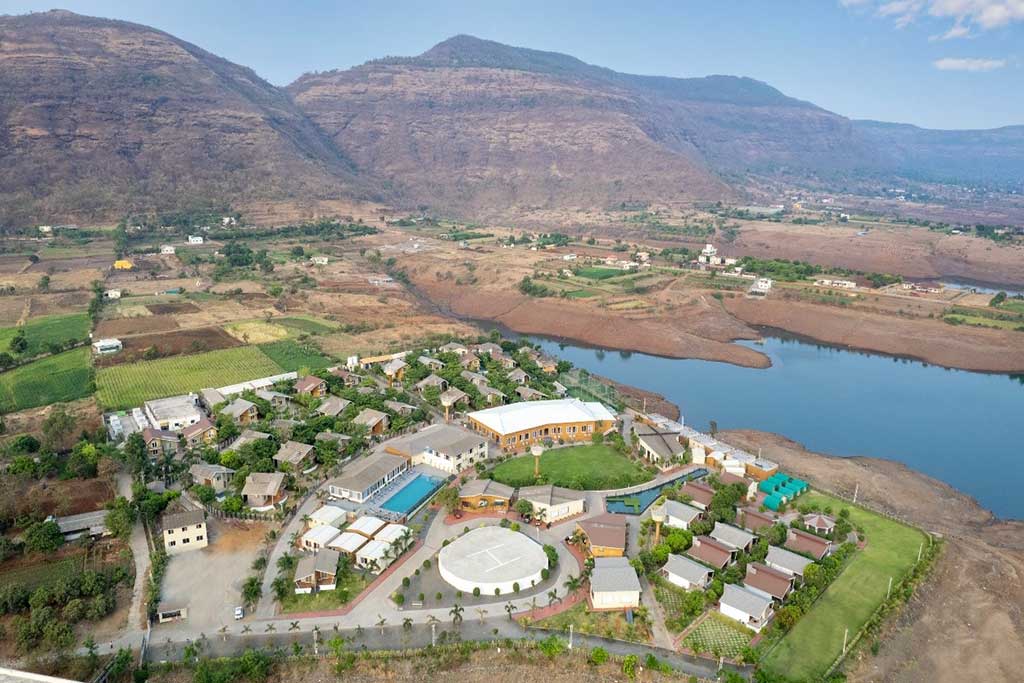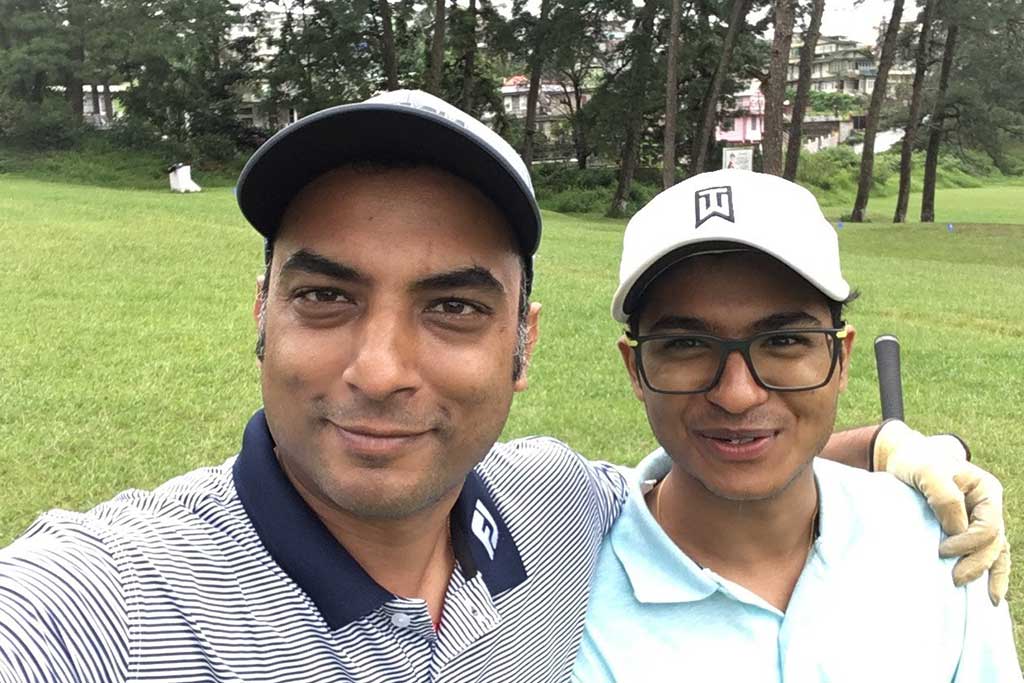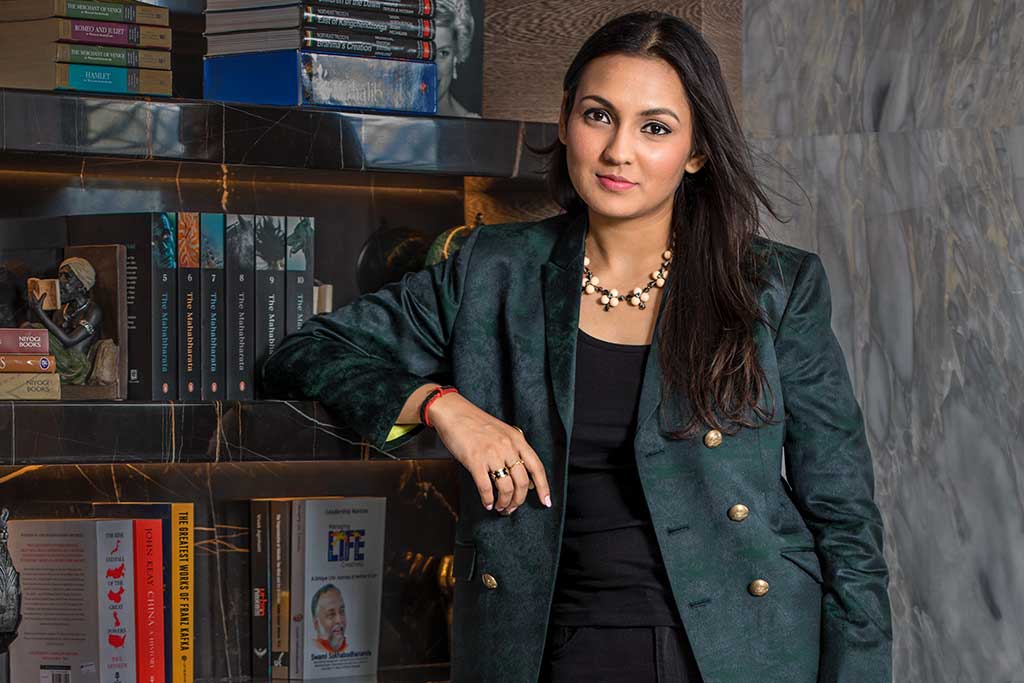Storyteller, Creative Producer and Chief Creative Officer—Special Projects at Zee Entertainment, Shailja Kejriwal’s journey has been diverse and interesting. The visionary and compassionate dreamer gives insights into how she transformed words on paper into powerful stories across different mediums.
Growing up as a Marwari girl in Kolkata in the late 1970s and early 1980s was like being a part of a Jane Austen novel. "All girls’ schools imparted exemplary education along with poise and etiquette, where home science was a compulsory subject," recalls Shailja Kejriwal, the brain behind Zee Zindagi and Zee Theatres, both being pathbreaking innovative disruptors in the Indian television industry. There were also sports, ice skating and the dramatics society among other activities. Quite early in life, she took to drama.
Throwing light on her Marwari influences as a young girl, she says, "Apart from being astute business folks, Marwaris in Kolkata love their matchmaking, weddings, food, flower shows, races, soirées and cultural societies which hosted the best of plays from the IPTA/NSD repertory company, classical music and dance, qawwali nights and a smattering of Bollywood singers. For a person keen on storytelling or any art form, there can be no better place to grow up than Kolkata, provided you get to fully experience and be a part of two diametrically opposite cultures—Marwari and Bengali!" she smiles. The added advantage was that Kejriwal grew up in an oldworld Bengali neighbourhood where Pujo was a big deal along with film societies. Her exposure to Bengali theatre, Nandan, The Dover Lane Music Conference and football made her learn about different cultures from an early age.
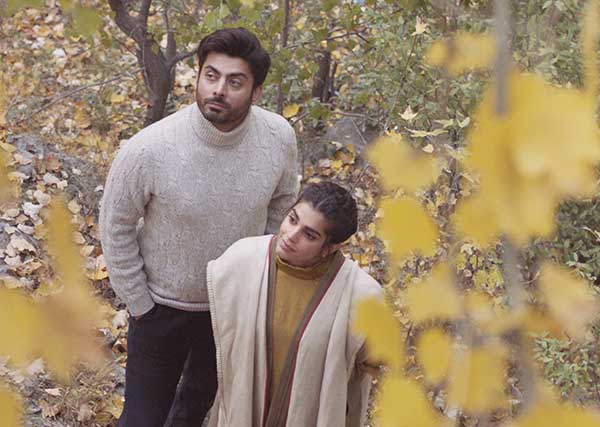
Passion for storytelling
Kejriwal was a topper in Comparative Literature at Jadavpur University, Kolkata but her passion for storytelling started earlier. It first came to Shailja Kejriwal via her nani, a strong single woman who raised her. Through her, she learnt about the epics and all the myths about gods and goddesses even before she started school. Her family also had a colourful cook from Rajasthan. Tall, fair and with a swirling moustache, he bagged bit roles in the Bengali film industry.
The cook would watch every movie that was released, and then narrate their stories to her while he cooked. As a result, she had a fair knowledge of both the godly and the ungodly before she could even spell her name. This probably led her to complete a film appreciation course at the Film & Television Institute of India in Pune later.
Always championing non-formulaic storytelling, Kejriwal is one of the rare few who bring creativity, commerce and cause together. She believes that stories come from observation and emotions that are so compelling that one has to share them, as it makes them bigger. "Like two people fall in love, but they share their love when they get married and this sharing makes it so much larger," she says. Further, she feels that different mediums are simply the form one chooses to best tell that particular story. "So, it could be made into a play, a novel, a screenplay or just even oral storytelling for a podcast," she explains.
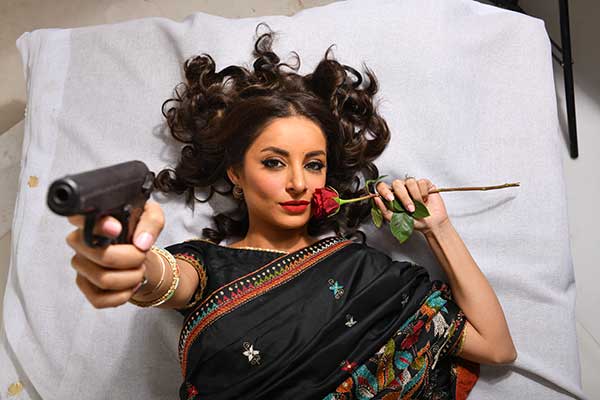
The making of a producer
Kejriwal’s journey as a producer is long and illustrious. After she moved to Mumbai in 1999-2000, Star Bestsellers was her first project, and remains one of her most satisfying works. After that, she did several shows at Star Plus. Some of her personal favourites include Khichdi, Baa Bahoo Aur Baby, Sanjeevani and Des Mein Nikla Hoga Chand. Some of her movies starring Irrfan Khan such as Madaari, whose story she wrote and produced, as well as Qarib Qarib Single, will always be special for her.
Launching Zindagi in 2014 was another calling, and producing shows with an amazing group of talent from Pakistan was a privilege for Kejriwal. Some of her favourite productions have been Churails, Qatil Haseenaon Ke Naam, The Pink Shirt and Barzakh. She highlighted Pakistani content with the aim to mend cultural gaps, promote cross-border exchange of entertainment and foster a greater understanding and appreciation between the people of India and Pakistan. The stories were meant to showcase the omnipresent struggles we all deal with irrespective of borders and encourage both communities to look at each other with kindness. "There are so many cultural overtones that bind us to a shared history making their stories relatable, yet the nuances separate us," says Kejriwal about the changes in the storytelling business including formats and commerce.
Bringing theatre to all
Further, launching Zee Theatre was a bigger responsibility. "To archive some of our greatest plays for future generations and be able to work with the fabulous creative energies of theatre artistes," she elaborates. The idea was to bring theatre as an art form to more people than those who were frequent theatregoers—with the essence of theatre, including its compelling stories, fearlessness, artistry and passion remaining intact. "We needed to find a way to bring theatre to people’s homes and devices if they were unwilling to go out for it," she adds.
Kejriwal’s work speaks volumes about her commitment to showcasing an amalgam of culture, traditions, and society through art. With Zee Theatre, she has made significant contributions to the revival of Indian theatre by leveraging technology, expanding access to diverse productions and supporting theatre artistes.
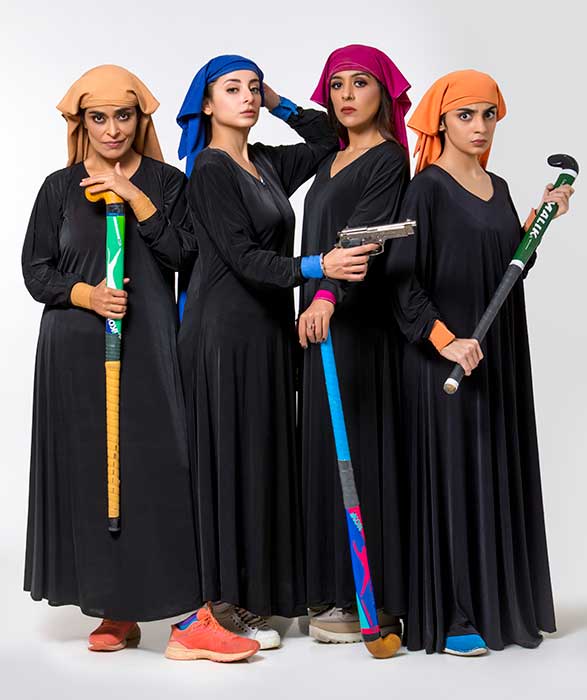
Her efforts have not only taken Indian theatre to a global audience but also created a new way of experiencing this rich art form. Some of Kejriwal’s favourite productions include Purva Naresh’s Ok Tata Bye Bye, Samta Sagar’s Gudiya Ki Shaadi and Sumon Mukhopadhyay’s adaptation of Doll’s House.
Engaging with content
Believing that storytelling is a significant catalyst for societal evolution, Kejriwal developed a repertoire of pathbreaking content that brought cross countries together on a single platform. The questions most important to her while creating content are: "Why do I need to share this story? Why will people want to hear this story? Does the story say something that could become a discussion among its audience? Does it question any status quo? Will it uplift or depress? Is it
compelling enough for people to carve out time from their busy lives to hear the story? And finally, does it entertain?" She believes that entertainment is not something that is only fun and frolic. "It is about engaging the senses so completely that you commit yourself to the life of another. Every story is a journey to try and achieve some of this at the very least," she adds.
Going forward, Kejriwal plans to produce more interesting content with both Indian and Pakistani talent. "We have a wealth of literature between us which has not been explored by web series or films, and I am hoping I can bring some of that for the viewers," she informs. She is also looking forward to exciting international collaborations. "We need to think about content that is local in its essence but universal in terms of themes," says Kejriwal who is highly inspired by the Korean industry and the way it makes and markets its content worldwide. "We have something to learn from them," she concludes.
Recent Posts
Discover Your Perfect Honeymoon in the Maldives
For Indian couples embarking on their journey of togetherness, the Maldives has long held an almost mythical allure - a tapestry of turquoise
Jewels Fit For Generations : The Nemichand Bamalwa Story
Since 1987, Nemichand Bamalwa Jewellers has been more than just a name; it is a legacy of trust, craftsmanship, and innovation.
Welcome to "What's Your Plan?"
This vibrant social hub by DJRS Hospitality blends chic vibes with gourmet bites,
Rajasthan’s Crafty Fashion Takeover
Rajasthan, India’s desert jewel, is a repository of exquisite and time-honoured crafts.
‘Mercii’ Beaucoup, Mumbai!
Stepping into Mercii at 81 Crest, Khar, feels like entering a world where gratitude is plated with every exquisite bite.
Game. Set. Watch: Omega Celebrates Smriti Mehra
Luxury Watch Boutique Time Avenue, Mumbai, in collaboration with Omega, hosted a special event to honour none other than Smriti “Simi” Mehra,
Sand, Sea & Sky - High Thrills
Whether you’re soaking in serene natural beauty or diving into extravagant fun, the UAE offers the perfect setting for an unforgettable family getaway.
Dr. Anuja Luniya Shows You How to Stress Less, Live More
Meet Dr. Anuja Luniya, physiotherapist by degree, stress strategist by passion, and your go-to guru for turning everyday chaos into calm.
Breitling's 140th-Anniversary Vintage Watch Exhibition: An Unmissable Showcase
The Breitling Heritage Exhibition, a remarkable showcase of the brand’s most iconic timepieces from its 140-year history, has been on an extensive global tour with 55 stops across four continents.
Dawn to Dusk with Sidhart Pansari: Steering Primarc's Legacy into the Future
We follow the dynamic director of the fastascendant Primarc Group
4 Perfect Getaway Resorts Near Mumbai
For those looking to break away from the urban bustle, India's hidden nature
48 Hours In Canberra
Canberra is a vibrant city with a rich culture, awe-inspiring natural landscapes, adventure-filed activities, and hospitable locals.
Understated Power
In the charming town of Shillong, Meghalaya, golf is more than just a game—it's a family affair for Gaurav and Lakshya Bajaj.
Understated Power
The Lexus LX500d is a rare sight on the roads, and this exclusivity is where its distinctive charms resides.
The Money Manager
Engaging young, ambitious, tech-savvy successors to manage family wealth is a rising global need among the super-rich.


